
Funny (But Sad) Test of Photographers’ Rights in Germany
German satire program Extra 3 conducted a humorous — albeit disconcerting — experiment testing photographers’ (and videographers) rights in …

German satire program Extra 3 conducted a humorous — albeit disconcerting — experiment testing photographers’ (and videographers) rights in …
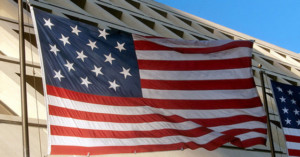
In response to the "widespread, continuing pattern of law enforcement officers ordering people to stop taking photographs or video in public places", the American Civil Liberties Union has published a helpful article that clearly details what your rights are as a photographer in the United States.
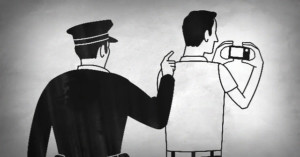
Here’s a startling video on how 9/11 turned using a camera in public into a “suspicious activity”: After 9/11, …
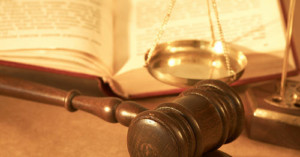
Boston lawyer Simon Glik was arrested on October 1, 2007 when he used his cell phone to record officers making a drug arrest, and later sued the city and the officers for violating his rights. After the officers tried to having the lawsuit dismissed on the basis of qualified immunity, a Federal Appeals Court denied the motion last week and ruled that filming and photographing police is in fact protected by the First Amendment.
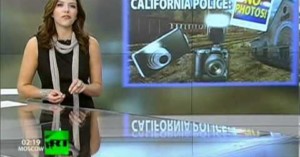
The Long Beach Police Department's hunt for photos with "no apparent esthetic value" quickly became national news last week. Here's a news segment in which Alyona Minkovski of RT speaks out against the erosion of photographers' rights in the United States.
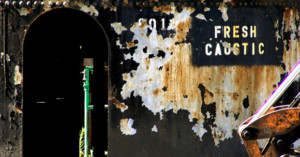
What do you think of this photo of a refinery by photographer Sander Roscoe Wolff? Apparently Long Beach police …
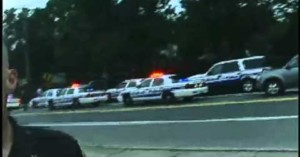
Freelance news photographer Phil Datz was recording the conclusion of a police chase from the opposite sidewalk last Friday …
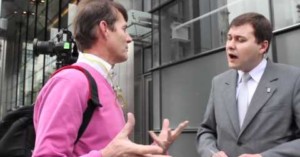
On June 21, 2011, non-profit organization Shoot Experience sent out six photographers to various parts of London to see the current state of photographers' rights.
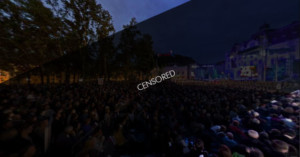
If your photographs ever include the faces of strangers, you might not want to move to …
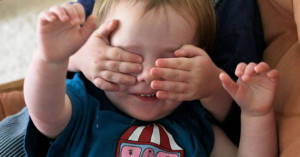
Tennessee Governor Bill Haslam signed a new law last week that makes it …
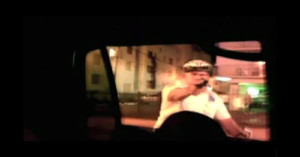
On Memorial Day 2011, Narces Benoit witnessed and filmed a group of Miami police officers shooting and killing a …

29-year-old student and avid photographer Christopher Fussell was taking photographs of trains at a Baltimore station back in March …
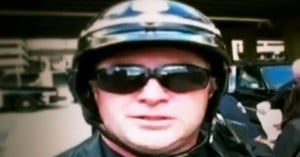
Libertarian magazine Reason created this video about the erosion of photographers’ rights in …
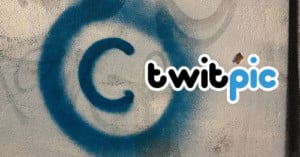
Since launching in 2008, TwitPic has been at the center of quite a few copyright controversies and legal battles, especially when disasters strike and Twitter users are able to publish photos of things that are happening well before major news outlets. Back in early 2010 photographer Daniel Morel had an iconic photograph taken during the Haiti earthquake widely republished in newspapers across the world without his permission after he uploaded the photos to TwitPic, then later that year Twitter's decision to display TwitPic photos directly on their website caused a brouhaha. TwitPic has finally decided to update their Terms of Service to make it clear that users of the service retain the copyright of everything they upload.
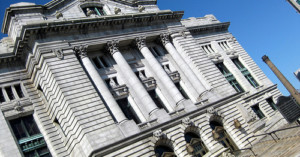
New Jersey is considering a new law that would make it a third-degree crime to photograph children without parental consent. More specifically, bill A3297 would prevent people from shooting photos or videos of children when "a reasonable parent or guardian would not expect his child to be the subject of such reproduction".
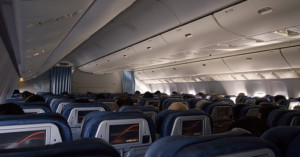
Last week a United Airlines flight out of Denver International Airport was returned to the gate after being ready …

A couple weeks ago we reported that a lawmaker in Florida was trying to make photographing farms …

A bill recently introduced by Florida state senator Jim Norman would, if passed, …

Television network TBD recently sent photographer Jay Westcott to cover a Lady Gaga concert in Washington D.C. Upon arriving at the Verizon Center, Westcott was given a release form, on which the fourth paragraph read,
Photographer hereby acknowledges and agrees that all right, title and interest (including copyright) in and to the Photograph(s) shall be owned by Lady Gaga and Photographer hereby transfers and assigns any such rights to Lady Gaga.
After making a call to his editor, Westcott was told to not sign the release and to not shoot the concert.
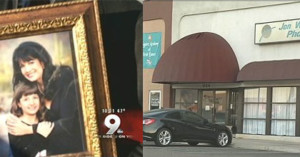
A Tucson photographer recently found out the hard way that the public doesn't always side with photographers in copyright infringement cases, even if their claims are valid. About a month after the tragic 2011 Tucson shooting, portrait photographer Jon Wolf threatened so sue nearly three dozen media outlets after they showed a portrait he made of 9-year-old Christina Taylor Green -- the youngest victim -- and demanded $125,000 from one newspaper for publishing the image.

A man in Atlanta was just awarded $40,000 in damages after having his cell phone confiscated and photos deleted …

Update on 12/18/21: This embed has been removed by its creator.
We reported in October of last year that a lawsuit by the New York Civil Liberties Union against the US Government ended with a settlement upholding the right to photograph and film in public spaces outside government buildings. The US Department of Homeland Security also agreed to notify its officers and employees in writing of the "public’s general right to photograph the exterior of federal courthouses from publicly accessible spaces"
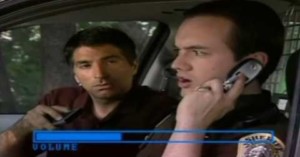
It’s interesting (though some might say infuriating) to see how photographers are depicted in some police training videos. Lesson …
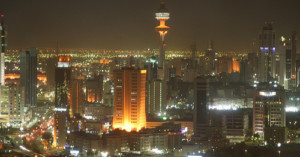
Update: Turns out this story wasn't true.
If you think photographers' rights in the US or UK are bad, get a load of this: Kuwait is now banning the use of DSLR cameras in public places for everyone except accredited journalists. Three ministries (information, social affairs, and finance) issued the joint ban last week, but strangely ignored the use of other cameras and forms of photography, meaning that citizens can still shoot publicly with compact cameras and camera-equipped phones.
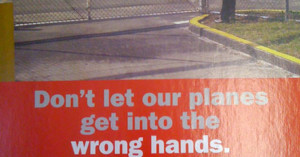
Photography rights advocate Carlos Miller came across the above poster recently put out …
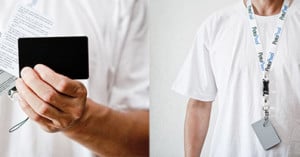
Thanks to everyone who entered our giveaway for the accessory we launched earlier this week: the …
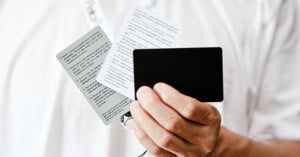
We here at PetaPixel are pleased to announce the new Photographers Rights Gray Card Set, a nifty accessory that can help you remember your rights and educate others if you're ever confronted while shooting.

NewsARSE has a pretty funny satirical piece poking fun at the photographers’ rights situation in the UK: Police forces have …